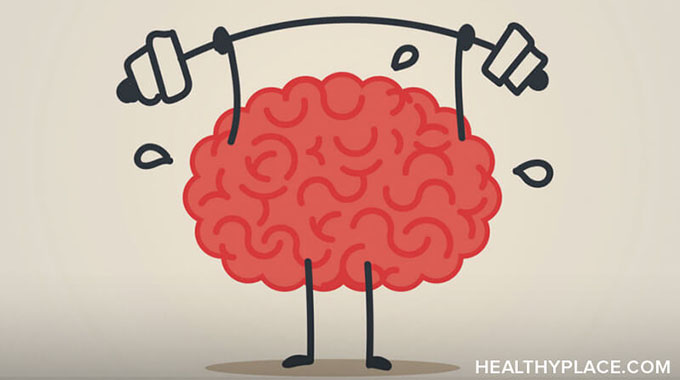Decision making and mental well-being

Chido Rwafa-Madzvamutse
Mental Wellness
As discussed in previous articles mental health is defined as a state of well-being in which an individual realises his or her own potential, can cope with the normal stresses of life, can work productively and fruitfully, and is able to make a meaningful contribution to their community.
Our ability to make effective decisions is part of good problem solving and is essential for maintaining mental well-being. The decisions we make shape the direction of our lives, sound decisions can help us live fulfilling lives while poor decisions can ruin us.
What factors influence our decision making?
Many factors can influence how and why we make certain decisions, these include:
- Our level of maturity: age is a significant factor in making good decisions for ourselves however, increasing in age does not always make us more mature. Our ability to accept the consequences of our actions and take responsibility for them is the true sign of maturity and will often influence how and why we make certain decisions.
- Social pressure: the influence of family, friends and peers can strongly influence our decision making. This is good when the support from those around us is constructive and in our best interest, however, often we feel pressured to make key life decisions based on what others will say and this can be counter-productive or even destructive.
- Finances: the availability of financial resources or lack thereof can influence our decisions. We must however, strive to always do the best with what we have lest we get paralyzed by lack of sufficient funds.
- Influence of media: we are influenced heavily in our decision making by what we see and hear in the media. Social media particularly often shapes our opinions through powerful algorithms. Becoming more conscious of this influence will help us make more independent decisions.
- Alcohol and substance use: intoxication is the cause of many poor decisions. Alcohol and other intoxicating substances will affect our brain’s executive function and will significantly impair our judgment and good sense.
- Mental health challenges: mental health challenges will affect our thoughts, emotions and behaviour and can have a significant effect on the quality of decisions we make.
Effects of poor mental health on decision making
Mental health problems affect our ability to think clearly, manage our emotions and behave adaptively. Mental health challenges may:
- Impair our attention and concentration that can make it difficult to think through problems and see alternative ways to face our challenges
- Cause us to become disinhibited and cause us to make rash decisions and engage in risky behaviour
- Cause us to become very anxious and indecisive, leaving us stuck in the “paralysis of analysis”
- Cause us to become demotivated making it difficult to make effective decisions
- Cause us to have fatigue and low energy making it difficult to act on our decisions
How can I make better decisions?
The process of making a good decision involves considering and selecting a certain course of action from among alternatives.
- Realise that you always have a choice: however limited our options may be in life, we always have a choice even if that choice is just our attitude in the circumstances that we find ourselves in. Many times we end up compromising because we feel we have ‘no choice’ and this can result in poor decisions.
- Get more information before making your decision: Whatever it is that you are contemplating about, make sure to get as much information as you can on all your options. Many bad decisions have been made due to sheer ignorance.
- Identify the pros and cons for all your alternatives and weigh the costs against the benefits for you.
- Select the best alternative with the greatest benefit and the least negative consequences and act on it. Do not procrastinate or get stuck in the ‘paralysis of analysis’ for fear of making the wrong decision.
- Continuously review your decision in light of the consequences. Do not be afraid to admit that a decision you made may have been a bad choice. Learning from failure is part of making better decisions in the future. If you think that you or someone that you know may be struggling to maintain their mental well-being, please contact your nearest health service provider and get help.
l Feedback: Dr. Chido Rwafa-Madzvamutse +263714987729 (AHFoZ www.ahfoz.org, [email protected])









Comments